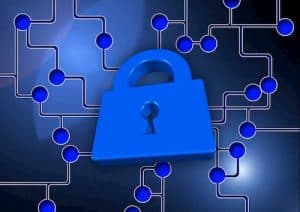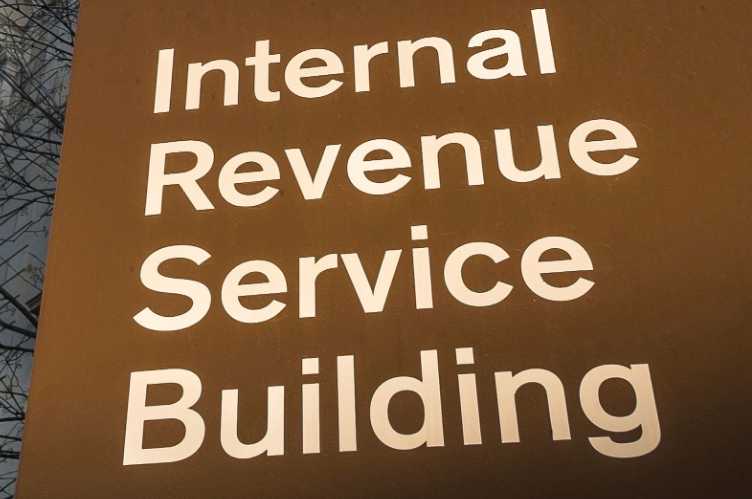
Most of us do almost everything online nowadays. Shopping, paying bills, email, and managing bank accounts are just a few. Life can become very miserable for you if anyone should hack into your accounts and use your personal information for their own benefit. Here are some tips on how to keep your information safe:
Passwords:
- Never give them out to anyone.
- Don’t use the same one on multiple sites or apps.
- Make the password at least 12 characters long and mix up the characters with symbols, lowercase letters, uppercase letters, and numbers.
- Consider using a password app on your phone to keep track of all your passwords.
- Do not post your password on a sticky note on your computer monitor, especially in a public place (yes – people do this).
Be careful of what you click on:
- Do not open attachments from people you don’t know or attachments you aren’t expecting.
- Don’t fall for scams. If you won money, you NEVER have to pay money to claim it.
- If you get an email from a company that you do business with, that is asking for personal information over the internet, don’t respond. Call the company directly to make sure it’s a legitimate request.
Keep track of your stuff:
- In a public place such as work, do not leave your desktop unsecured. Lock it prior to walking away even if you are only going to be gone for a few minutes.
- Keep your cell phone, laptop, and tablets on your person when you’re out and about with them. ALWAYS keep them locked so that if someone should steal them, the devices cannot be used.
- Write down the serial number and a description of your devices (and anything you own with a serial number) so that you may report them as lost or stolen to your local police department should you need to. That is the only way law enforcement can return the items to you should they recover the property.
Regularly keep an eye on your bank statements, credit card statements, and credit reports. The sooner you catch fraudulent activity, the better.[content id=”79272″]







